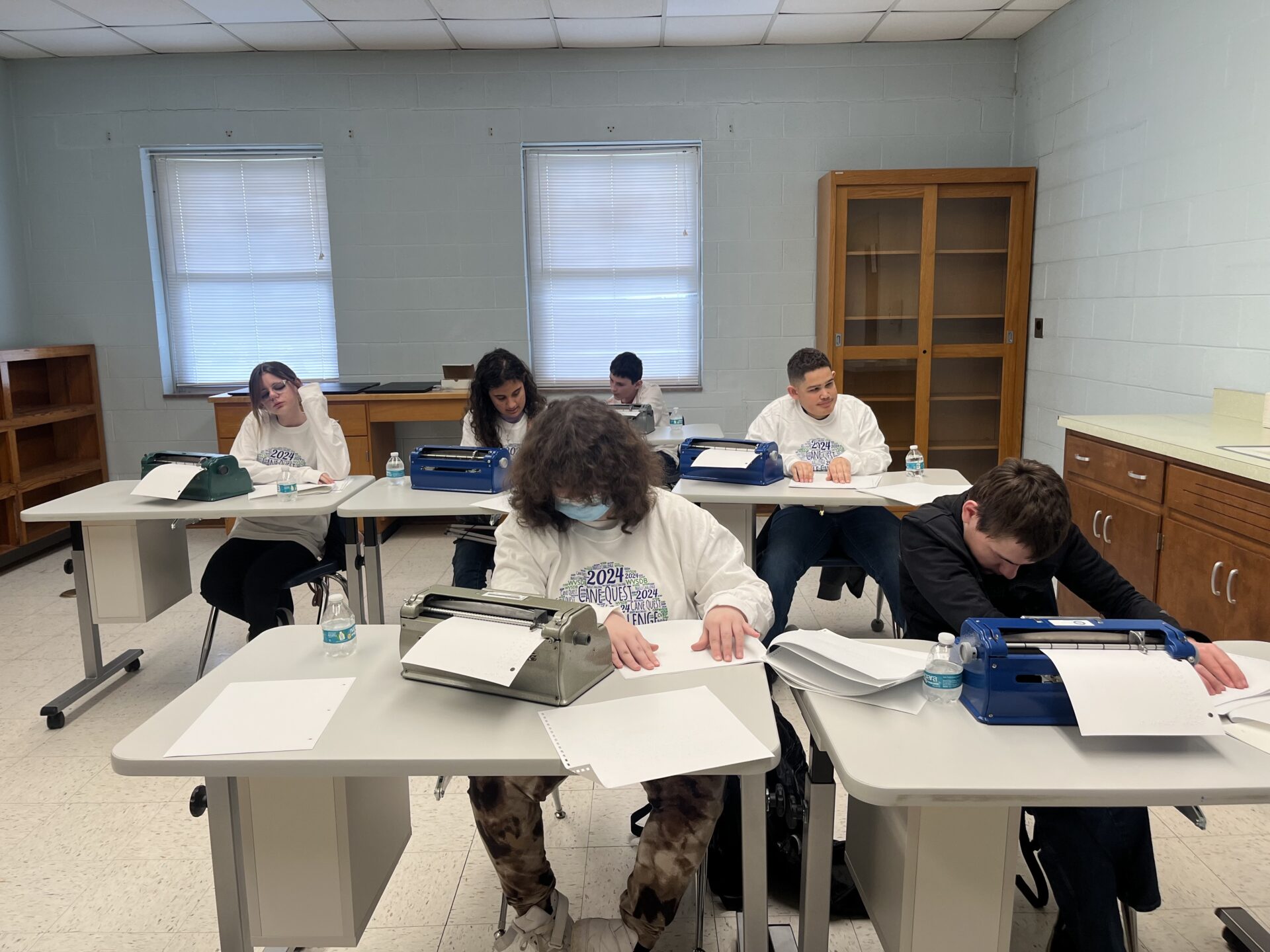As college tuition prices continue to rise, West Virginia educators are looking to expand career readiness resources for students who don’t want to pursue a traditional four-year degree.
That’s a mission Clayton Burch said he held as the state’s superintendent of schools from 2020 to 2022. And it’s one that has followed into his current role as superintendent of the West Virginia Schools for the Deaf and the Blind (WVSDB).
Providing students with resources for career readiness now means “more than just going to a four-year college,” he said. “We got a lot of students that can come out with the skills right out of high school to enter the workforce.”
But the path to full-time employment can be more complicated for students with disabilities, who often face added barriers to job opportunities, he said.
“What we see is struggles that our deaf, hard of hearing and visually impaired students have. We see higher dropout rates. We see higher unemployment rates,” Burch said. “We don’t believe that’s just a lack of foundational skills. We actually think it’s a gap they have in support.”
To amend this gap, Burch and his colleagues at WVSDB have launched a new initiative: the Discovery P.O.I.N.T. program, which gives deaf and blind high school students a career readiness crash course.
Photo Credit: Jack Walker/West Virginia Public Broadcasting
Students from across West Virginia can visit Hampshire County to practice job interviews, learn about day-to-day work responsibilities and collaborate with local leaders-of-industry in a variety of fields — from entrepreneurship to hospitality to music and beyond.
For students who want to pursue a four-year degree, Burch said there are more traditional college prep resources, too. The school wants to provide students with whatever resources will set them up for career success after graduation, Burch said.
The program will be held six times per school year, with its official launch in September. Each session lasts for six weeks, with students receiving on-campus lodging and free transportation to the town of Romney, where the school is located.
“We’re really excited that the state’s school for the deaf and blind is going to have this academy dedicated specifically to career readiness,” he said.
For more information on the Discovery P.O.I.N.T. program and how to apply, contact Mary Anne Clendenin, executive director of the West Virginia Outreach Center for the Deaf and the Blind, at 304-822-6660 or mclenden@k12.wv.us.
